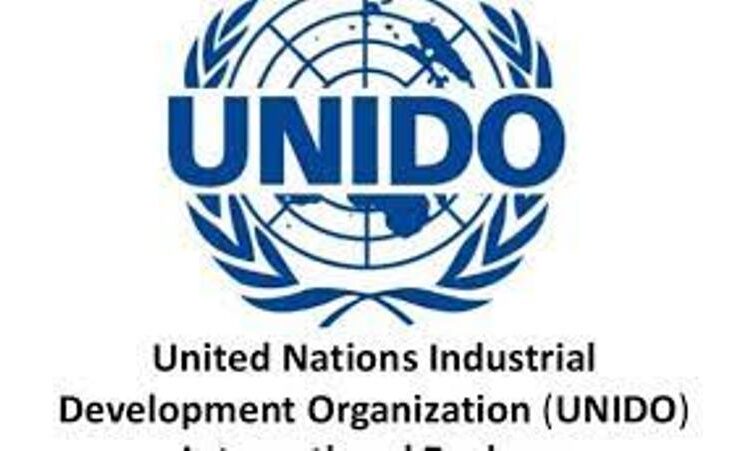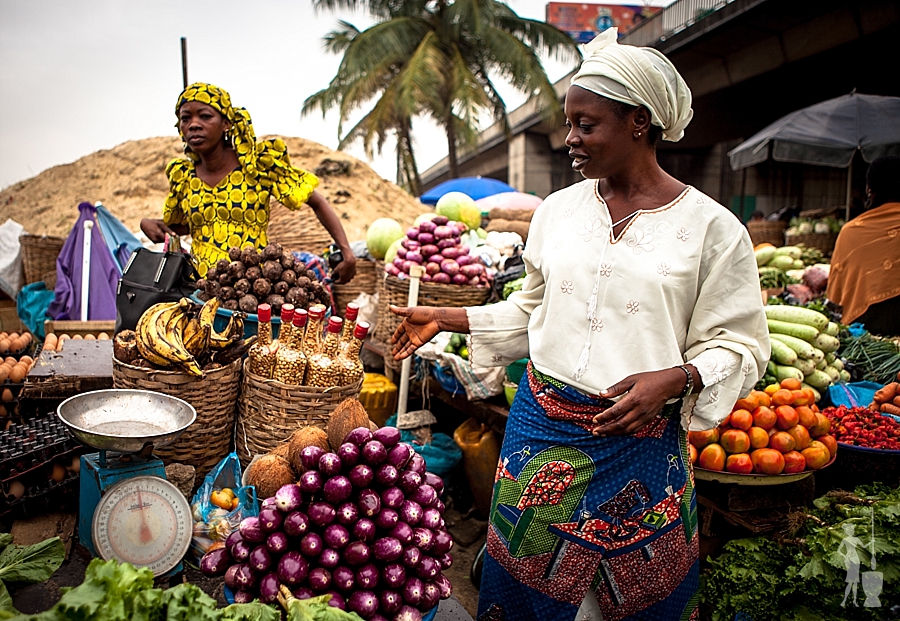The United Nations Industrial Development Organisation (UNIDO), the Federal Government of Nigeria and Japanese government have expressed commitment to implement a project to create job opportunities.
The project is also aimed at protecting the environment.
The Regional Director of UNIDO, Nigeria, Mr Jean Bakole said this at a Stakeholders’ Awareness on Circular Economy Practices for Plastic Value Chains project in Abuja on Tuesday
Bakole said that UNIDO would be providing necessary support to Nigeria to effectively implement multilateral environmental agreement, including adopting cleaner production policies and methodologies to create job opportunities.
He said that the effort would be achieved through the development and implementation of regulatory frameworks, strengthening national institutional capabilities for eco-balanced and promoting resources use efficiency and green industries in manufacturing production.
According to him, it is on that context that the project is being developed to promote sustainable management technologies, identify new business models and accelerate capacity-building process.
“The project also creates awareness-raising on sustainable plastic value chains through circular economy approach in Nigeria.
“At the same time, this circular economy approach will contribute to protecting the environment from hazardous wastes and will help to generate decent jobs,’’ he said.
Bakole said that the meeting was focused on development of guidelines on plastic wastes management policy under UNIDO`s Project on “Promoting sustainable plastic value chains through circular economy practices.”
He said that plastics waste continues to be a major environmental and social problem in many countries.
According to him, to manage the problem has become a major topic for innovators, policy makers, researchers, business owners and even specific sectors like the agricultural, marine and tourism sectors.
“Though plastics waste management is gradually beginning to gain prominence, the manufacturing and usage of new plastics is still at an exponential rate.’’
He also said that the project implementation model promotes cooperation between the federal and state governments including the FCT, and the organised private sector with the technical support of UNIDO.
“In response to the environmental challenges in Nigeria, UNIDO’s ongoing formulation of the Programme for Country Partnerships (PCP) is making provision to focus on environment management component.
“Through this component, UNIDO will provide necessary support to Nigeria to effectively implement the project,’’ he said.
The Ambassador Extraordinary and Plenipotentiary Permanent Representative to ECOWAS, Amb. Matsunaga Kazuyoshi, said the essence of the meeting was to discuss how to develop a guideline on the policy with various stakeholders.
Kazu Yoshi of the Embassy of Japan to Nigeria, said the partnership with UNIDO and Nigeria would strongly support in the implementation of the project, as it would create job opportunities in the country.
He said that the Japanese government was committed to collaborating with the Nigerian government and UNIDO, adding that the country had developed a recycling culture on how to manage waste effectively.
“The concern and challenges of Nigeria is our concern and our challenges as well, no single country or organisation can tackle the issue of waste management, accept when we work together.
“Therefore, it is important to have various stakeholders to work on this issue. So that this three years project which will be ending in 2025 can be effectively implemented to enable it achieve its goal,’’ he said.
The Project Manager of UNIDO, Ms Nishio Nahomi, said that the meeting would help the government to come up with a guideline that would support it in promoting waste management in the country.
Nahomi said that about 52.5 million dollars had been provided in the execution of the project, adding that the collaboration of various stakeholders would go a long way in the implementation of the project.
She called on stakeholders to support UNIDO, the Federal Government and Japan government in the execution of the project, adding that the effort would help to reduce waste pollution and create job opportunities in the country.
The Minister of Environment, Mr Mohammed Abdullahi said that plastic waste had become an integral part of the society due to its wide range of uses and economic benefits.
Abdullahi said that the volume of plastic waste being generated in the country presents circular economic business opportunities across the plastic value chain which should be properly harnessed for job creation.
He said that the government of japan funded a study on available sustainable alternative materials for plastic innovative packaging and recycling technologies that market needed in Africa to reduce plastic leakages to the environment.
He said the study showed a very low level of recycling activities in the country and only 45 per cent of wastes were collected.
“About 80 per cent of plastic waste goes to dumpsite while only 10 per cent is recycled, alternative material to plastic are yet to be introduced in the market and recognition of bioplastics are low.
“It is because of these challenges that the project on promoting sustainable plastic value chain through circular economy practices to be piloted in Lagos and Abuja was developed to address these gaps and its being implementing by UNIDO,’’ he said.
The minister was represented by Mr Charles Ikeah, the Director overseeing the Office of the Permanent Secretary of the ministry.













